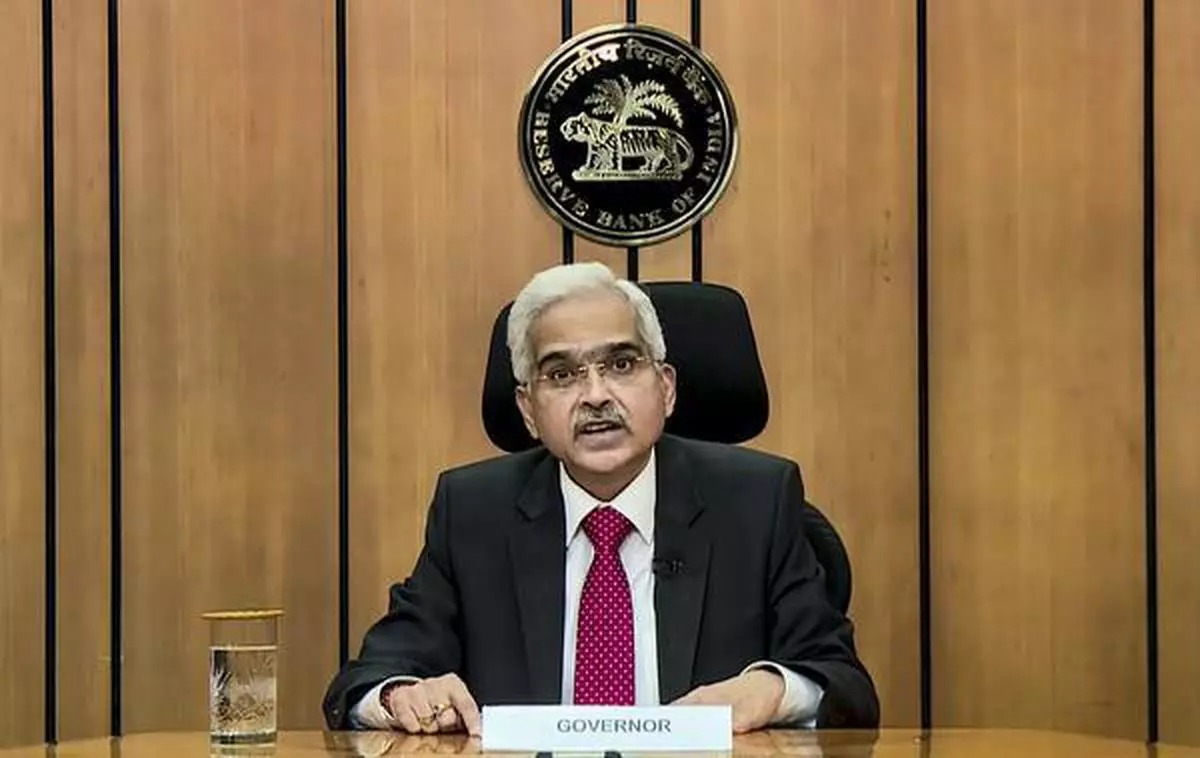
Recently, the US Central Bank Federal Reserve had cut its interest rates. After this, other countries including India are also expected to do something similar. But meanwhile, Reserve Bank of India (RBI) Governor Shaktikanta Das said on Friday that India's retail inflation has reached a 9-month high of 5.5% in September and it is expected to remain very high in October as well. Therefore, cutting the repo rate at this time seems hasty and very risky.
Earlier, the 6-member Monetary Policy Committee (MPC) of RBI had decided earlier this month not to make any change in the benchmark repo rate. It still remains at 6.50%. During this time, the policy stance has been changed from "withdrawal of accommodation" to "neutral".
Das said that the Federal Reserve has cut interest rates, but India is not lagging behind and its growth is intact. The MPC has projected a GDP growth rate of 7.2 percent for the current financial year. Meanwhile, possible rate cuts in the future will depend entirely on incoming data and inflation. Corporate bond market Even though India's corporate bond market has grown from about Rs 3.7 lakh crore to between Rs 8.6 lakh crore and Rs 8.7 lakh crore in the last decade, there are still issues on which the bond markets need to think more deeply.
Das said, "RBI has taken some steps in recent years. For example, RBI has provided the facility of partial credit enhancement. We have now allowed corporate bonds to be considered as part of banks' Held-to-Maturity (HTM) holdings."
RBI has made it mandatory for key projects that 50 per cent of the resources should be obtained from the bond market. Das said that apart from this, there is a need to increase the number of institutional investors, especially foreign investors, participating in the bond market. He said that focus should also be on developing a strong secondary market for corporate bonds.
Private Bond
Apart from this, Das urged central banks and regulators around the world to explore the potential financial risks arising from the private credit market. He said, "At the global level, private credit is increasingly creating some risks and I think every regulator should look into this. There are some risks involved in the quality of credit appraisal and collateral."
Das says that the resilience of private credit in a downward credit cycle is yet to be tested. After this, regulators and institutions should do stress tests under all scenarios to detect the risk.
However, the risk arising from the private credit market in India is low, as the market is largely dominated by regulated non-bank lenders. Das also said that the RBI is keeping a close watch on the large credit market. Das has said this when the RBI has barred four non-bank lenders from sanctioning new credit due to serious violation of norms.
Read More: बजाज फाइनेंस ने किया ट्रिपल सरप्राइज: बोनस, स्टॉक स्प्लिट और डिविडेंड का ऐलान, शेयर 5% टूटा"

 Brijendra
Brijendra Share
Share



